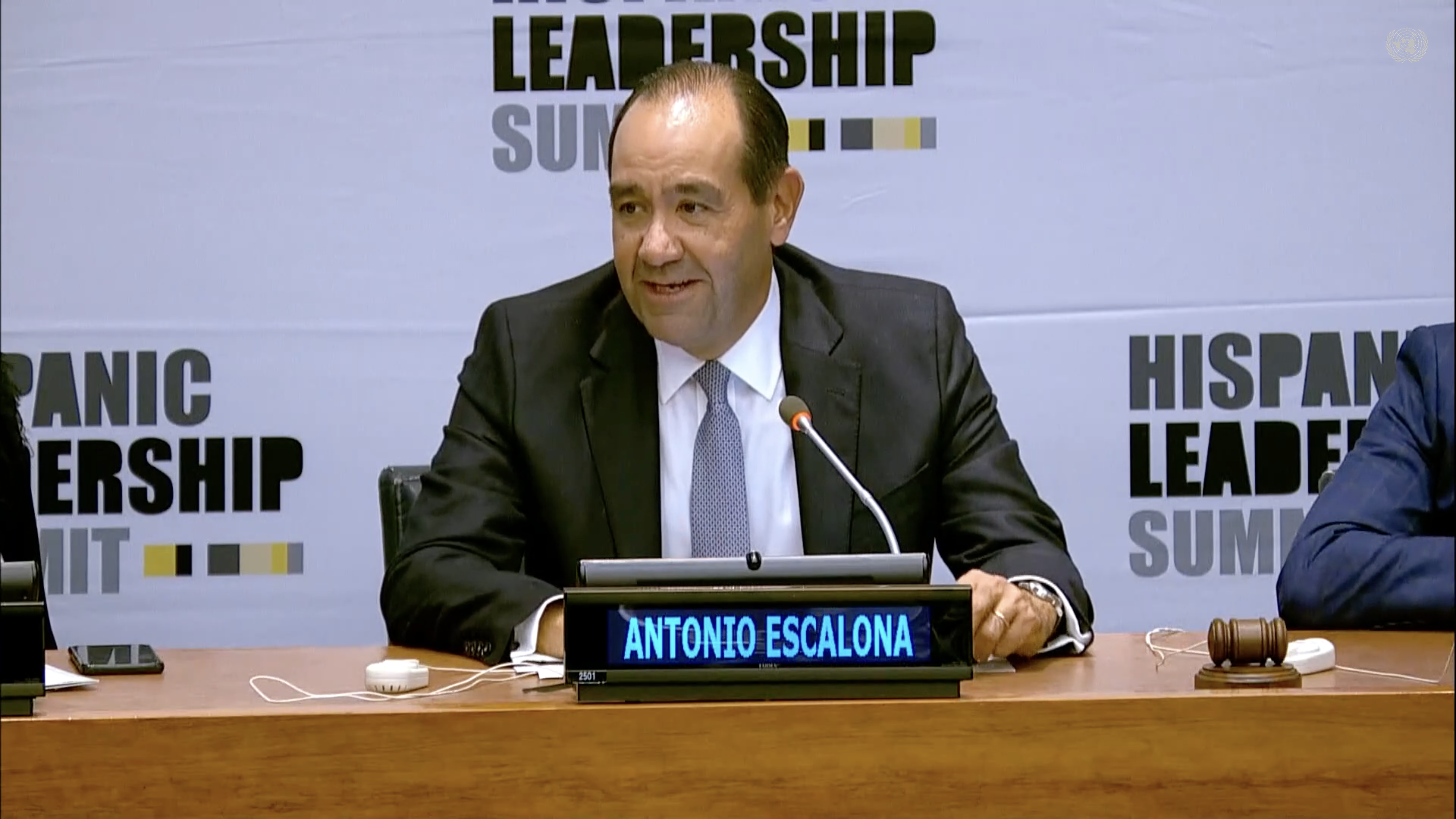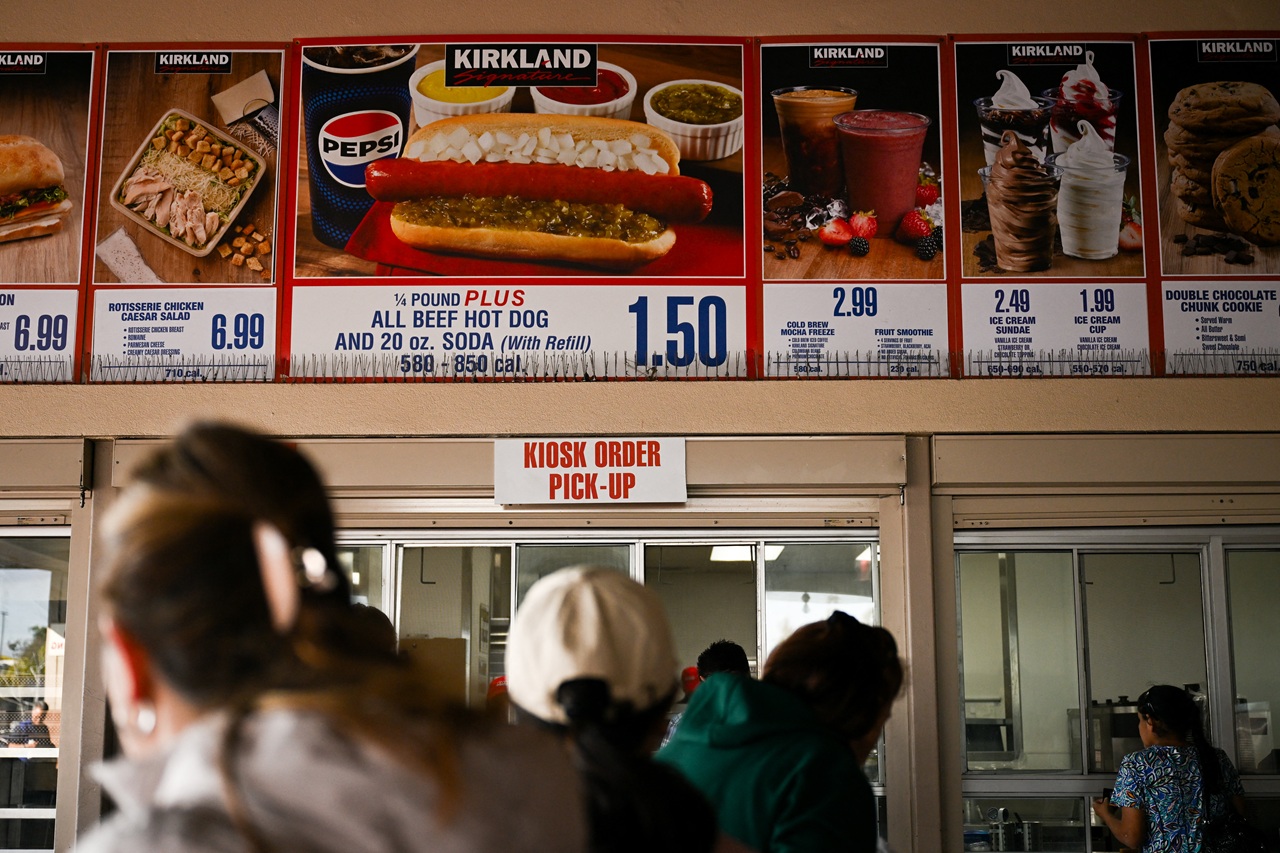
Creating economic empowerment by elevating small businesses
A panel during the fifth annual Hispanic Leadership Summit highlights the value of the Latino population, and investing in Latino-owned small businesses.
Small businesses in the United States account for about half of America’s workforce, and about two-thirds of new net jobs.
Latinos, specifically, are starting businesses at a much faster rate than non-Latinos. According to reports, new businesses over the last 10 years for Latinx entrepreneurs have grown 44%, while all others are at 4%.
“So it doesn’t just make sense, it makes good business sense to invest in Latinos,” said Mark Madrid, associate administrator for the U.S. Small Business Administration.
He was one of the speakers at the 5th annual Hispanic Leadership Summit, during a session titled, Economic Empowerment: Elevating Small Businesses.
As someone who works under the stewardship of Isabel Casillas Guzman — the highest-ranking Latina on President Joe Biden’s cabinet — Madrid often hears her make a profound statement about the value of small businesses.
“Small businesses are the giants of our economy,” Madrid stated that Guzman often says.
“And I couldn’t agree more,” he continued.
PepsiCo is one corporation that has long believed in the business opportunities that can be afforded by the Latino population.
“We see a huge amount of our growth in the next few years coming from Latinos — from Latino consumers, from Latino customers, from Latino small businesses,” said Antonio Escalona, senior vice president and general manager of the Hispanic Business Unit at PepsiCo Foods North America.
This was one of the first large companies to have a dedicated team focused on Latinos.
Small businesses are a key focus area for PepsiCo, as evident by the launch of Juntos Crecemos, a $50 million platform aimed at strengthening Hispanic-owned businesses and supporting business growth over the next five years.
More recently, PepsiCo announced the launch of Jefa Owned, a program with a more tailored focus on supporting Latina entrepreneurs.
To him, the value of supporting and growing Latino-owned businesses is clear, especially as it pertains to the Latino community’s buying power.
“We could be generating another $600 billion in consumption if we were owning those businesses,” said Escalona.

When asked about the challenges of engaging small businesses, Escalona pointed to the lack of visibility.
RELATED CONTENT
That is why PepsiCo works with different Hispanic Chambers of Commerce and the Latino Food Industry Association, to gain access to more of the small businesses that exist in different regions of the country.
Madrid also brought up access to capital as another challenge.
He noted that the data shows that 46% of Latino small business owners decline to apply for a loan, compared to 35% of non-Latino white-owned businesses.
“We think that we are almost averse to debt,” Madrid said about the Latino community.
A big component to that is simply a lack of knowledge about what opportunities exist.

“We need to address this by helping close the gaps… I’m referring to in terms of skills and capacities.”
To this end, he gave a call to action for small business owners to familiarize themselves with the Small Business Administration’s website, SBA.gov.
There are a ton of resources that can be found on that site.
For Escalona, his calls to action is boiled down to representation and education.
“Play a real active role in educating everybody about this opportunity, not just don't just talk to low your Latino, your Hispanic colleagues, talk to everybody, your customers, your suppliers, your colleagues, don't assume that everybody knows about this opportunity,” he said.











LEAVE A COMMENT: